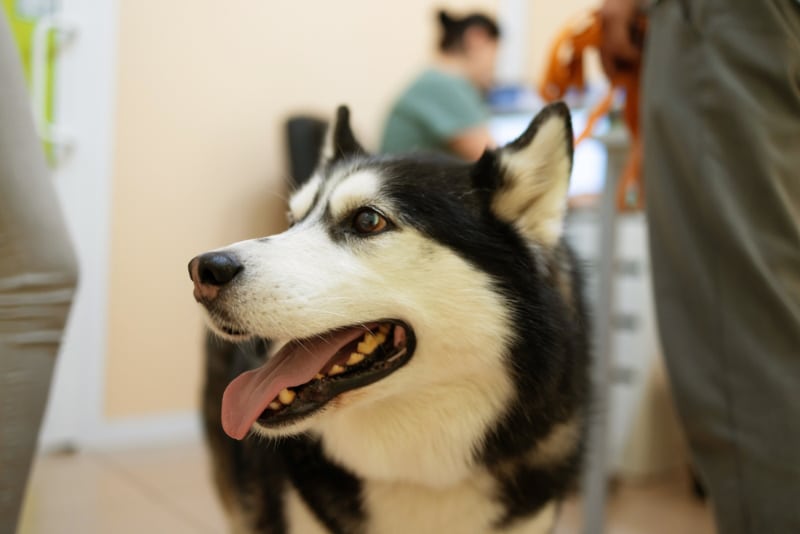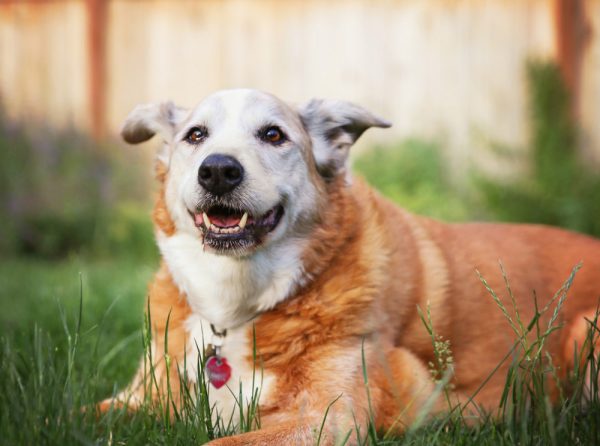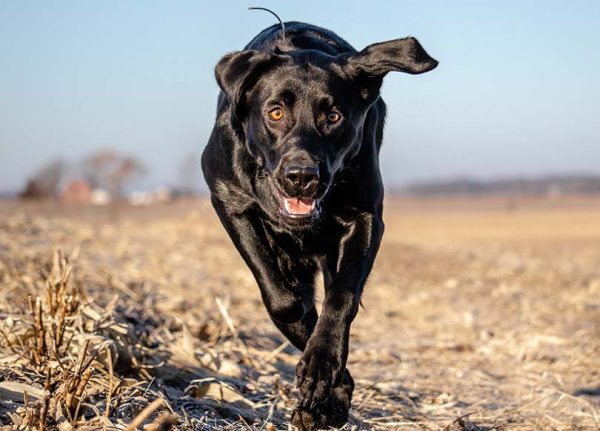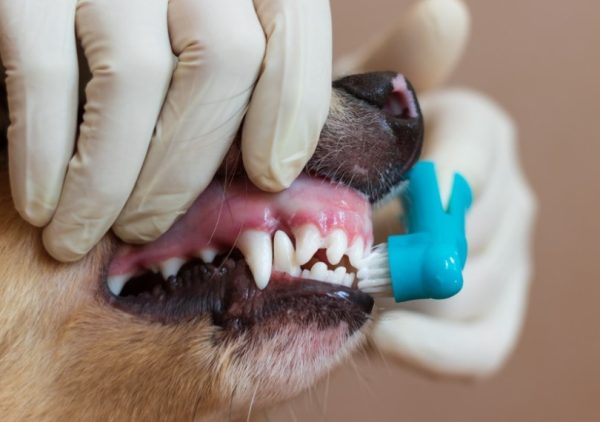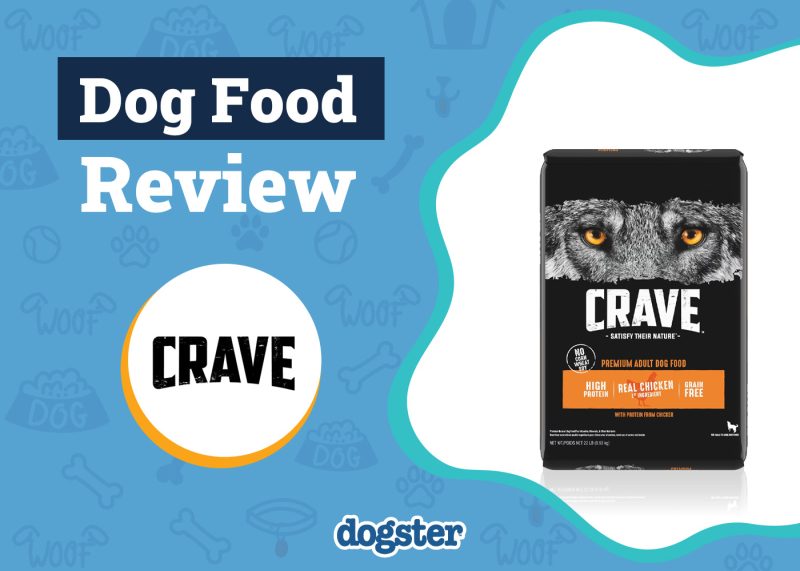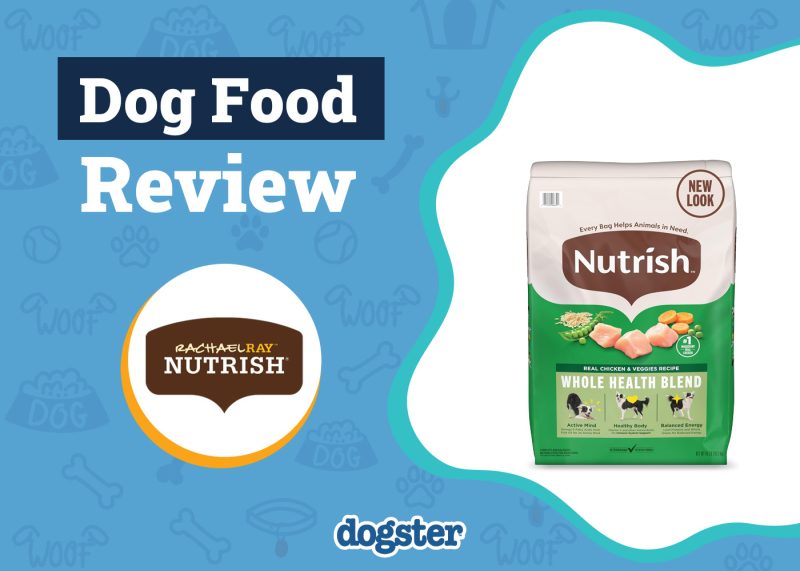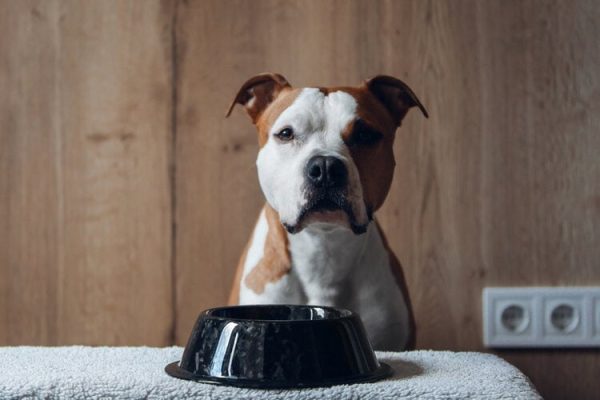In this article
Ivan Petrovich Pavlov was a Russian scientist best known for his experiments on conditioning in which dogs were trained to salivate after hearing a specific sound. Over the course of his career, Pavlov worked with hundreds, if not thousands, of dogs and ran several experiments using canine subjects during his more than 60-year career.
Some of the dogs Pavolv worked with include Arap, Biakal, Bek, Nord, Norka, Rex, Druzhok, Jack, Sokol, Sultan, Rosa, Lis, Toy, Zmei, and Max.1

Who Was Ivan Pavlov?
Ivan Pavlov was born in 1849 in Ryazan, a city in western Russia, about 120 miles south and east of Moscow. He studied theology before pivoting and concentrating on science, ultimately enrolling at the University of Saint Petersburg to study physiology and chemistry.
He later studied medicine at the Imperial Medical Academy and completed his doctorate. After graduating, Pavlov moved to Germany, where he worked with several prominent physiologists. The first research the newly minted scientist conducted on his own focused on the circulatory system. He also spent several years investigating blood pressure regulation and digestion.
After returning to Russia, Pavlov became a professor of physiology at the Imperial Medical Academy. He was asked to set up the Physiology Department at the Institute of Experimental Medicine around 1890. He died in Leningrad in 1936.
What Awards Did Pavlov Win?
Pavlov won several awards for his scientific discoveries. The Russian Academy of Sciences granted him status as a corresponding member in 1901, and he won the Order of the Legion of Honor in 1915 after being nominated by the Medical Academy of Paris.
The Royal Society recognized him with a Copley Medal in 1915, and Pavlov won the Nobel Prize in 1904 for work related to digestion.
How Did Pavlov’s Classical Conditioning Experiment Work?
The idea for the experiment grew from observations made during Pavlov’s work on digestion, in which dogs’ saliva production was measured after exposure to various items. The scientist observed that the dogs didn’t need to be given food or smell something enticing to begin salivating; the sight of a white-coated laboratory assistant was enough to cause them to do so.
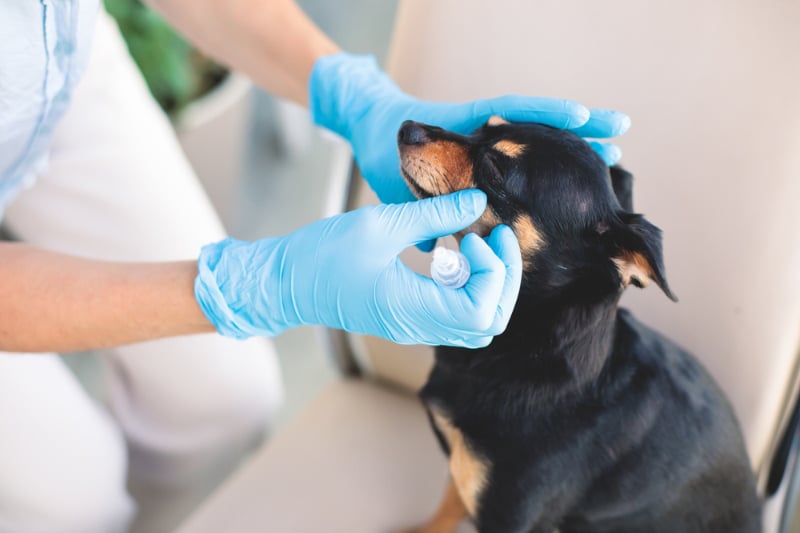
The Origin of Classical Conditioning
Pavlov developed his theory of classical conditioning to explain what was causing the behavior. Salivating in response to food is a normal, unconditioned process. The dogs, he posited, were exhibiting conditioned responses based on the learned association between laboratory assistants and food.
The mechanism through which dogs learned how to respond in conditioned ways to neutral stimuli (lab-coated assistants without food) remained a mystery, however, and that’s where Pavlov’s most famous work comes in.
Pavlov’s Most Famous Experiment
He designed an experiment during which dogs heard a metronome (not a bell) and were then given food. The dogs salivated at the food as expected, but after several run-throughs, the sound of the metronome alone was enough to get them going.
The dogs had learned to respond to a specific stimulus (the metronome) in a conditioned way (by salivating). Essentially, the work showed that dogs can learn to respond to neutral stimuli in set ways, creating conditioned responses.
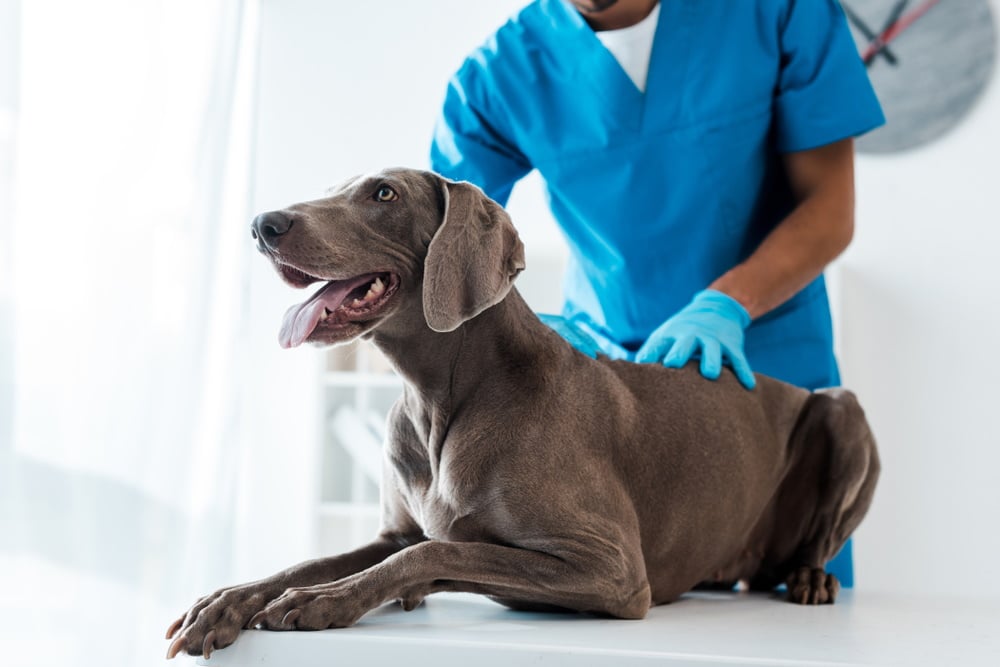
What Contributions Did Pavlov’s Work Make?
Pavlov’s work was instrumental in the development of classical behavioral psychology. The conclusions he reached about conditioning are used in treating mental health conditions such as depression, panic attacks, and phobias.
Aversion therapy, in which patients are exposed to fearful stimuli to encourage the development of new, neutral responses to objects that usually trigger them, is just one example of how Pavlov’s work has been applied.
What About Training Dogs?
Most dog training involves operant conditioning, which is slightly different than classical conditioning since it is focused on what is done in response to behaviors and involves the consistent use of positive (or negative) reinforcement.
Treating dogs to something tasty when they respond appropriately to commands is an example of positive reinforcement. Yelling works the opposite way by providing negative reinforcement. Consistency is vital in operant conditioning, as rewarding unwanted behavior (like bribing dogs to be quiet when the doorbell rings) encourages more of the same.
Dogs learn quickly when good behavior is positively reinforced and negative conduct is ignored. When exposed to harsh training techniques, they may fear the person dishing out the punishment and become disinterested in training, which can make correcting problematic behaviors more difficult.
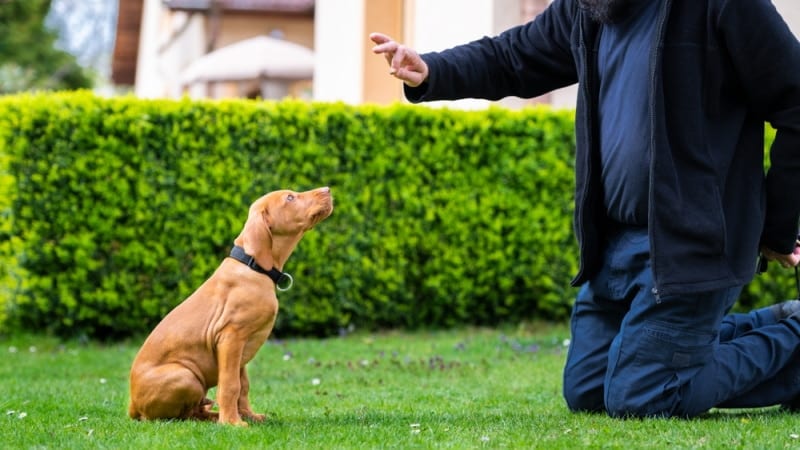
What Are the Benefits of Reward-Based Training?
Sticking with reward-based training that stays positive has several benefits. It is fun for dogs and can strengthen relationships between owners and their companions.
Dogs look forward to training when it involves treats, pats, and fun activities, and the process allows dogs and their humans to learn how to communicate effectively, which is essential for creating loving, reciprocal relationships.
Conclusion
Ivan Pavlov was a Russian scientist who worked during the late 19th and early 20th centuries. Pavlov had a long and distinguished career lasting over six decades, and dogs were often used in his experiments.
He won the Nobel Prize in 1904 for physiological discoveries related to digestion, but he is most famous for his work on conditioning in which dogs were trained to salivate in response to a stimulus.
See also:
- Is Weed Smoke Bad for Dogs? Our Vet Takes a Look
- Why Is My Dog’s Stomach Making Noises? 7 Likely Reasons (Vet Answer)
Feature Image Credit: Yanya, Shutterstock
